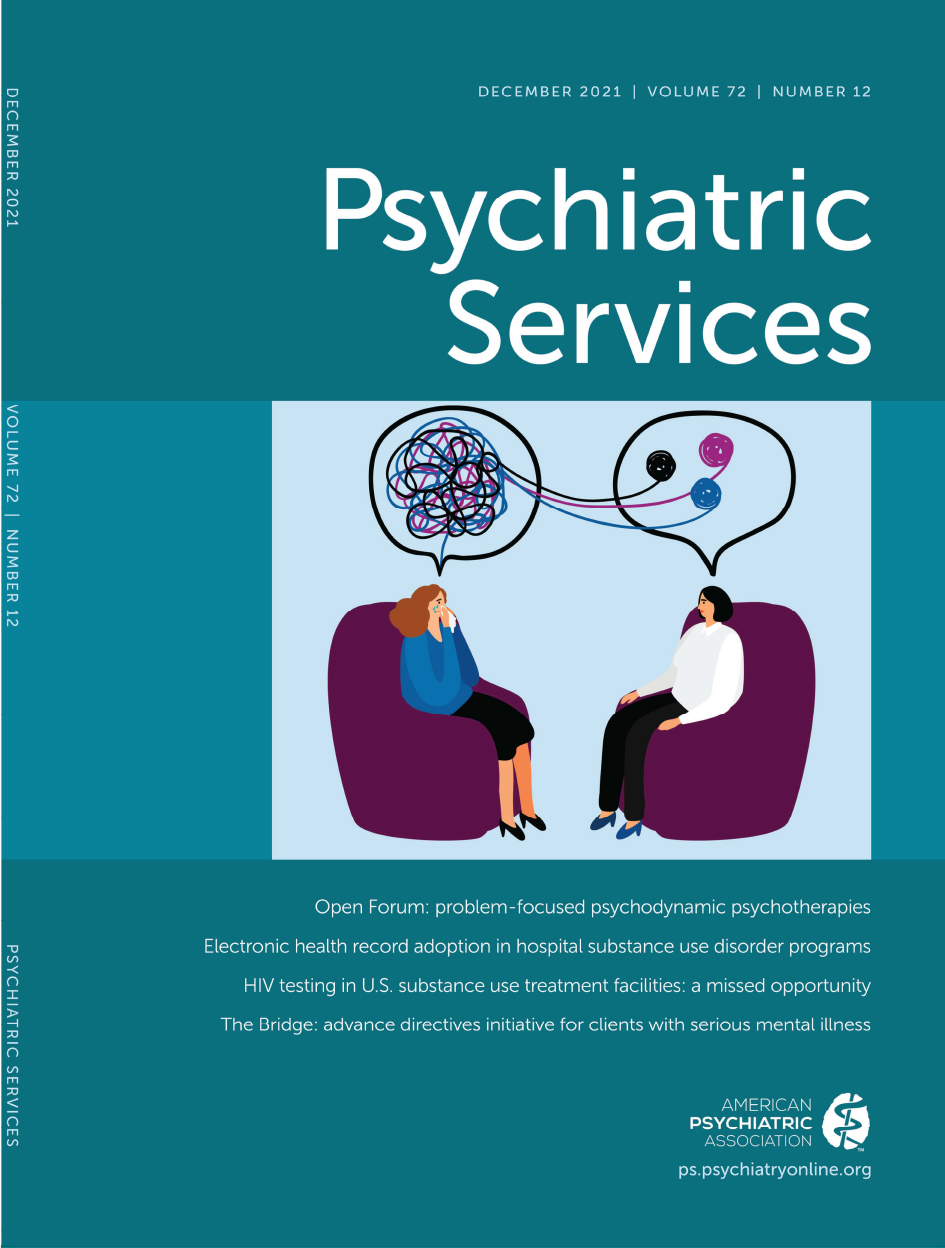Using Staged Care to Provide “Right Care First Time” to People With Common Affective Disorders
IN REPLY: We welcome the opportunity to respond to Metz and Minkoff (1) in relation to our June article published in Psychiatric Services (2). Metz and Minkoff (1) raise important considerations about previous developments in service delivery for mental health. Specifically, they refer to the LOCUS family of multidimensional assessment tools for determining level of care utilization (3). They assert that these earlier instruments share important conceptual similarities with the staged-care models we described (2).
We agree that there are several models that variously describe “stepped,” “staged,” and collaborative care (4). Each of these approaches seeks to promote the reach, effectiveness, and efficiency of mental health care utilization in the population. Models use a variety of multidimensional assessments to stratify individuals for hierarchically arranged service packages, which vary according to the intensity, duration, and mix of treatment options. Our presentation of staged care was presented with specific reference to stepped collaborative care to contextualize it within existing frameworks for the management of affective disorders. Consequently, it did not refer specifically to LOCUS (or other models) that do not target specific groups of mental illness (3).
To further clarify the contribution of staged care for affective disorders, we outline here the key differences between this approach and other integrated health care models. Staged care is a tool of risk stratification, in that it seeks to assign individuals immediately to the right level of care. The type of risk measured by clinical staging relates to the likelihood of illness progression, assessed by illness trajectory, severity and chronicity, functional impairment, comorbidity, and neurocognitive functioning. It has utility in predicting treatment outcomes and prognosis (5). Therefore, staged care assimilates information regarding likely prognosis and treatment outcomes into initial treatment selection. It emphasizes that mental health care needs to be increasingly personalized and preemptive. Secondary prevention options are embedded within treatment packages, and access to specialist mental health services is increased at earlier stages of illness.
Furthermore, we proposed clinical staging criteria for affective disorders emerging in childhood, adulthood, and older adulthood (2). Multidimensional assessments and algorithms for determining care levels support the integration of these criteria into staged care. The statement that the article represented the first attempt to stage childhood disorders was in relation to the application of clinical staging criteria across the lifespan. It is hoped that the distinct aspect of integrating staging criteria into service delivery will promote a new phase of development in integrated health care that embeds prevention within systems that reduce the burde of mental illness.
1. : Using staged care to provide “right care first time” to people with common affective disorders. Psychiatr Serv 2021; 72:1479Abstract, Google Scholar
2. : Using staged care to provide “right care first time” to people with common affective disorders. Psychiatr Serv 2021; 72:691–703 Link, Google Scholar
3.
4. : Population-based care of depression: team care approaches to improving outcomes. J Occup Environ Med 2008; 50:459–467 Crossref, Medline, Google Scholar
5. : Clinical stage transitions in persons aged 12 to 25 years presenting to early intervention mental health services with anxiety, mood, and psychotic disorders. JAMA Psychiatry 2019; 76:1167–1175 Crossref, Medline, Google Scholar



